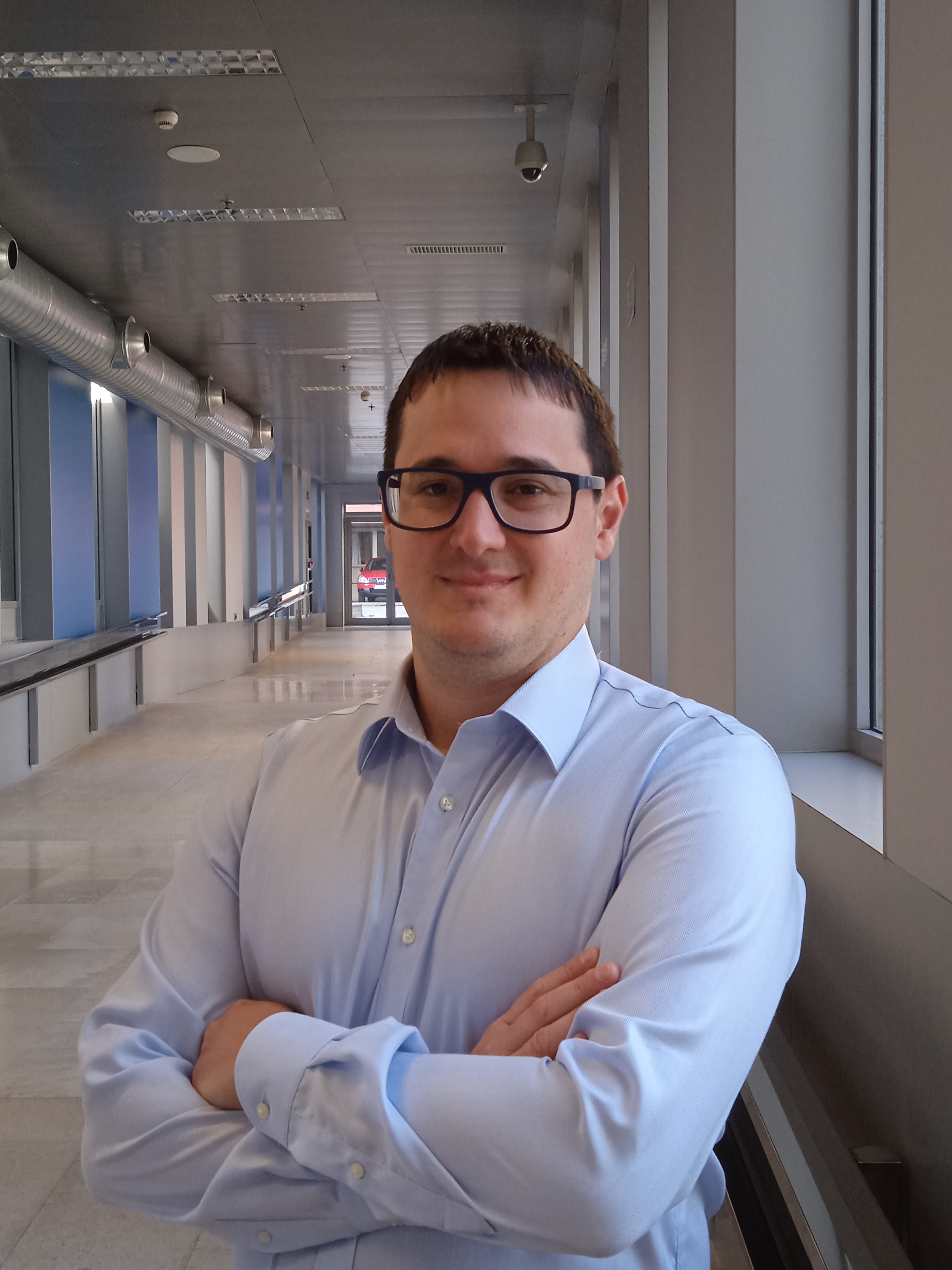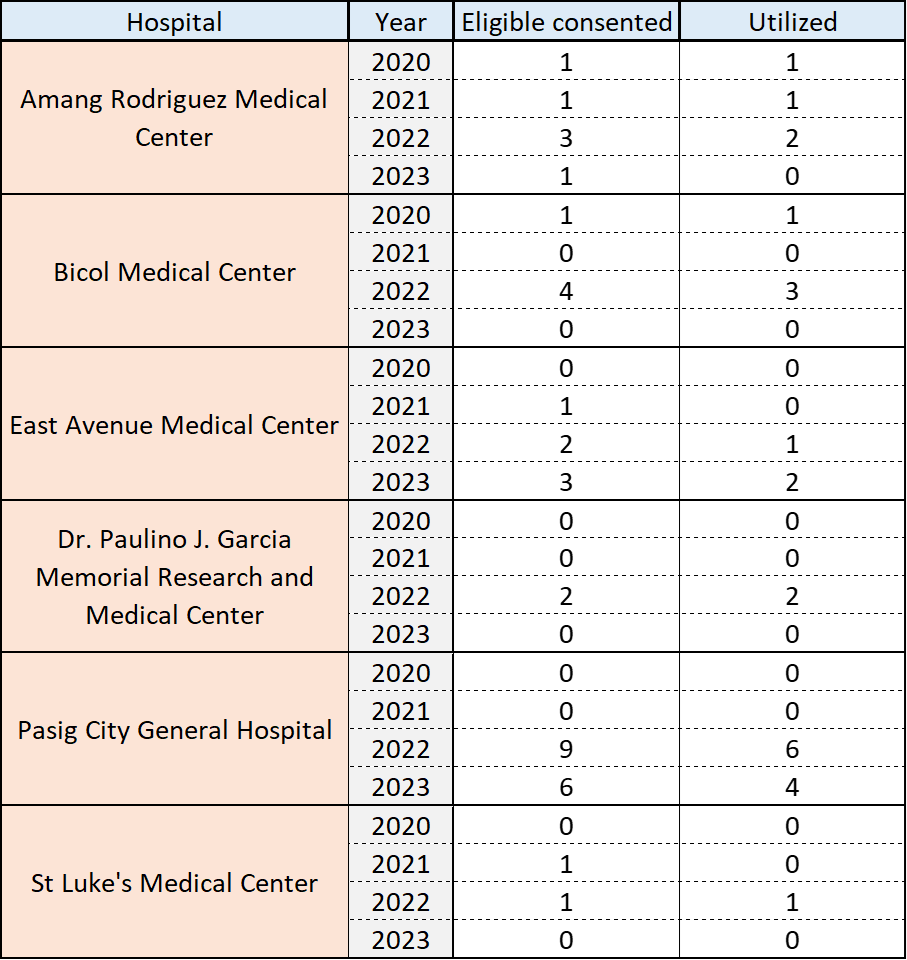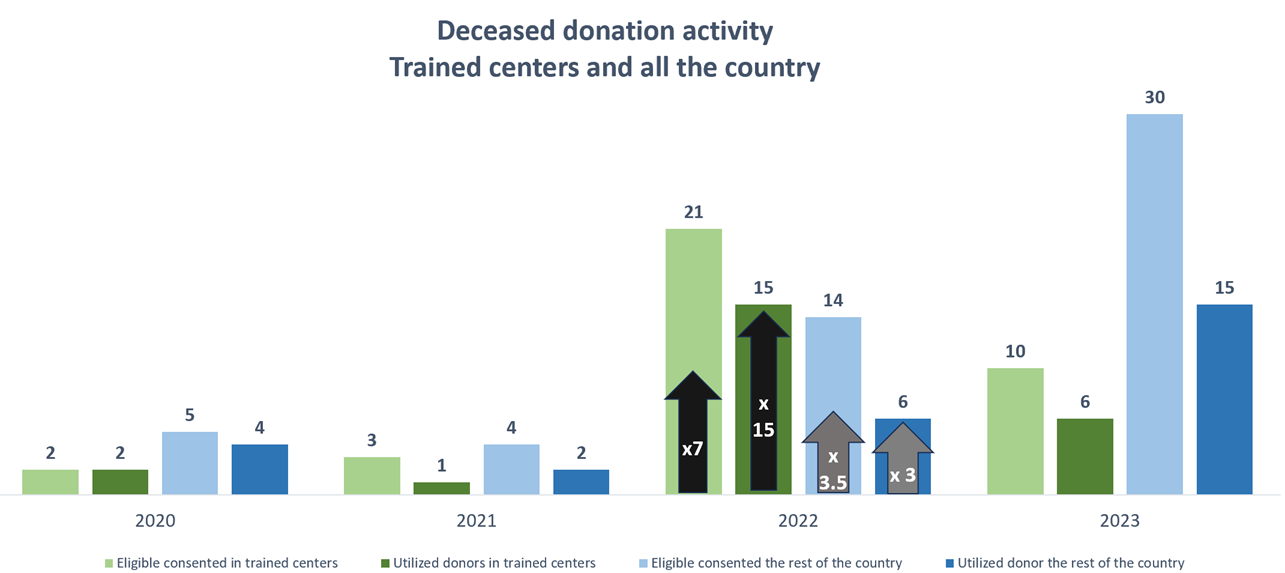
MD, MSc, Dr. Brian Alvarez graduated in Medicine from Barceló University in Argentina. He later became a Critical Care Specialist and a Hospital Organ Donation Coordinator. He obtained a Master’s degree in Organ, Tissue, and Cell Donation and Transplantation from the University of Barcelona; and has been elected as the European Councilor for the International Society for Organ Donation and Procurement (ISODP).
He works at the DTI Foundation heading the international cooperation programs to enact donation and transplantation networks worldwide, while also participating in training and innovation activities. Has actively contributed to various projects in the realm of quality, engaging in tasks such as formulating standards and regulations, developing protocols, implementing Key Performance Indicators (KPIs), and overseeing audits. Additionally, played a pivotal role in organizational initiatives, leading the establishment of in-hospital organ donation units and providing training in organ donation and transplantation.
Organ donation postgraduate program at a Philippine university: Impact of ODISSeA
Brian Alvarez1, Stephanie Andres2, Marla Navarro2, Jan Andrew Bueno2, Chloë Ballesté Delpierre1, Mark Lenon Tulisana3.
1International cooperation, Donation and Transplantation Institute (DTI Foundation), Barcelona, Spain; 2ODISSeA Postgraduate Program, University of Santo Tomas, Manila, Philippines; 3Transplant coordination, PHILNOS (Philippine Network for Organ Sharing), Manila, Philippines
Introduction: Organ Donation Innovative Strategies for Southeast Asia (ODISSeA) is a postgraduate program on organ donation (OD) in 8 Southeast Asian universities from Malaysia, Myanmar, the Philippines, and Thailand and an Erasmus+ project funded by the European Commission. It addresses the need for specialized training to build adequate knowledge, skills, and attitudes in OD. From 2020-2023, the University of Santo Tomas in Manila, Philippines graduated a total of 59 participants consisting of healthcare professionals in Manila. This study aims to determine the program's impact on organ donation rates from 2020-2023 in the hospitals where the graduates of ODISSeA practice.
Methods: Using a retrospective cohort study design, the number of transplanted organs in the country from 2016-2019 (pre-ODISSeA) and 2020-2023 (during ODISSeA) were compared. Likewise, the number of eligible consented donors and utilized organs/tissues were collected from those hospitals with participants in the ODISSeA from 2020-2023 and compared with the results from the rest of the country. The post-graduate program included lectures and workshops on donor detection, brain death diagnosis, donor management, family approach, and organ recovery and allocation in a blended online and face-to-face curriculum.
Results: Table 1 summarizes the results of the participating hospitals, which had previously low or null activity. Figure 1 illustrates a 7-fold increase in eligible consented cases from 3 to 21 in trained centers in 2022, compared to a 3.5-fold increase nationally. The trained centers saw a 15-fold increase in utilized donors from 1 case in 2021 to 15 in 2022, while the rest of the country experienced a 3-fold increase. Continuing the program in 2023 showed that Pasig City General Hospital and East Avenue Medical Center resulted in sustained activity, albeit without further increase from 2022.


Conclusions: Training healthcare professionals resulted in an increase in deceased organ donation in Philippine hospitals. This improvement is probably a result of increased knowledge and awareness and a change towards a positive attitude on organ donation of the trained hospital staff. Sustaining these results and further improving donation rates may necessitate a broader change within the hospital organization. This could involve restructuring systems to prioritize organ donation programs, streamlining procedures, fostering a supportive organizational culture prioritizing donation, and integrating organ donation-related practices (i.e., awareness and advocacy campaigns) into routine hospital operations. Moreover, supporting these hospitals through initiatives led by the Department of Health through its agency, the Philippine Network for Organ Sharing (PhilNOS) is crucial to ensure ongoing motivation and proactive engagement in organ donation. By combining these efforts, hospitals can optimize their potential and sustainably increase their deceased donation rates in the country.
[1] Organ Donation
[2] Specialized training
[3] Organ Donation Innovative Strategies for Southeast Asia (ODISSeA)
[4] Organ donation rates
[5] Training impact
[6] Hospital culture in organ donation
